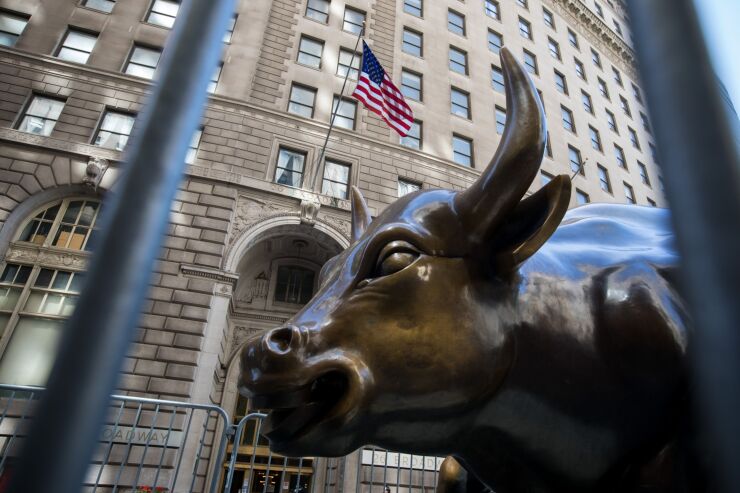Advisor movement is spiking. There are a number of factors driving this trend. Here’s a short list.
Advisors are increasingly confident of their ability to transition assets and do business during the coronavirus pandemic.
When the public health crisis broke on our shores, advisors were initially preoccupied with calming clients on the one hand and figuring out how to cope with this Black Swan event themselves.
In the first months, advisor movement slowed. But those who did move and joined rival firms discovered, surprisingly, that it was easier to transport client’s mid-pandemic than in the pre-COVID era. Clients were, after all, at home and had plenty of time to fill out the new account forms while advisors at their old firm couldn’t make in person appointments to prospect them.
Now that advisors have acclimated themselves to the new coronavirus reality, they are upbeat about their effectiveness both in transitioning clients and growing their practices.
According to a recent Incapital study, 65% of advisors grossing below $800,000 and 78% of advisors who gross more are confident that they can be effective in their jobs.
It seems that, at present, COVID-19 plays little part — or is even on the “pro” side of the list — when an advisor considers whether or not to jump ship.
The latest roundup of news in the IBD and RIA channels comes in a time of economic turmoil and big transactions.
A Democratic administration will restore the fiduciary standard.
First, it’s certainly a possibility that a Democratic victory in November will make life a lot tougher for advisors. Last time around, President Obama’s Department of Labor declared that back-end recruiting bonuses based upon an advisor’s delivering either assets or gross production in retirement accounts represented a conflict of interest.
Brokerage firms were shocked to discover that these awards were verboten in a 34-item FAQ issued by the Labor Department and had to scramble to reformulate their recruiting packages. Then-Secretary of Labor Tom Perez, known to be no fan of financial advisors, opined that advice from conflicted advisors was costing investors approximately $17 billion per year in excessive fees. And he effusively praised robo advisors like Wealthfront as paragons of low cost, objective advice.
Wall Street responded to his fiduciary standard by paring back investment offerings. Some firms even shut down all commission business done in retirement accounts.
What about today’s Democratic Party? The party’s draft platform makes it clear that they’d deep six the SEC’s Reg BI and suggests that they’d reinstitute another version of the old fiduciary standard. It’s likely that regulations governing financial advisors would be even more restrictive and draconian this time around.
Advisors who are worried about account loss often move.
While many clients have remained loyal to their advisors during the pandemic, others are now open to shopping around for a second opinion on their financial lives. Volatile markets can cut both ways for advisors. They can open up prospecting opportunities for advisors but they also make them more vulnerable to account loss. Financial advisor marketing platform AdvisorStream says in a recent survey that 48% of all advisors are worried about client defections this year.
Advisors often find that the cash cushion that they can get from monetizing their practice can help them tweak their practices.
It can help tide them over as they launch new marketing initiatives or as they adjust their product mix. I’ve seen many advisors finance their foray into a new market niche or new product area with an upfront deal.
Firms are making less money now and may rein in their recruiting deals.
The effects of the pandemic on Wall Street earnings are not yet fully clear — but earnings at many Wall Street firms are down. Two factors playing into this are the need to set aside reserves for potential loan losses and the low-interest rate environment.
Wells Fargo just reported a $2.3 billion quarterly loss and Merrill Lynch and Bank of America Private Bank saw a 42% drop since last year’s second quarter.
Morgan Stanley,
The bottom line for advisors: Firms that are making less money have less funds available to fund aggressive recruiting programs. That means that deals in the future may not necessarily remain at these lofty levels.







